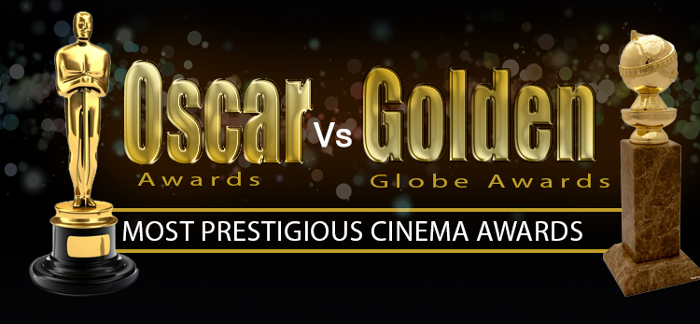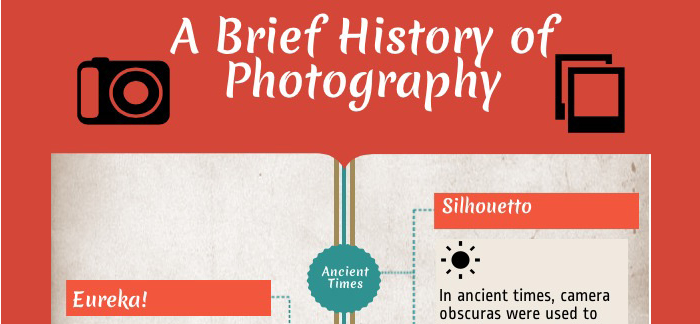Avid music lovers would be well aware of the Paul Simon Graceland controversy and albeit those who had been young and inquisitive in the 1980s. Those born later and those not very acquainted with the world music scene may not be fully or even faintly aware of the Paul Simon Graceland controversy. As the famous album, ‘Graceland’ grows older than twenty five years and now that a documentary film has been released by none other than the record company that produced the album back in the 80s, there is some fresh light and some explanation to what actually transpired in South Africa.
War and Tyranny
1980s was dominated by a few global events. There was the cold war between the US and the Soviet Union and the Anti-Apartheid Movement in South Africa. These two were the most defining global events of that decade. South Africa had been governed by the National Party for almost five decades, from 1948 to 1994. The government had initiated and executed a series of policies that enforced racial discrimination and racial segregation. Apartheid was one rare occasion when a state sponsored the seeds of racism and also ensured that the racial discrimination and racial segregation was enforced on the ground.
Circa that time, there was an Anti-Apartheid Movement, being led by the African National Congress. The movement had attained global attention. People from all walks of life with the right social standing came forward to join hands with all and sundry to make the Anti-Apartheid Movement more effective. Politicians, entrepreneurs, social activities, some religious leaders, artists and professionals from different strata of the society came together to form the Anti-Apartheid Movement.
The South African Movement
The movement called for a cultural boycott of South Africa in light of the legislation passed by the ruling party to promote Apartheid. Political leaders across the world had endorsed the cultural boycott, so had prominent heads of states and famous personalities as well as celebrities. Artists Against Apartheid had urged every artist in the world to shun South Africa and not play in the country or collaborate with the country to make or promote music.
It was during that time when Paul Simon decided to go to South Africa. He didn’t just stop at that. He wanted to collaborate with South African musicians and produce an album. He went there nonetheless, despite advices otherwise, and that landed him in the soup, which later became infamous as the Paul Simon Graceland controversy.
Now that a documentary is out, there is much more light on what Paul Simon thought, how he went about planning his trip and why he didn’t adhere to the cultural boycott when most of the world was in agreement with it.
Paul Simon has been on the record to state that the inspiration for Graceland, his bestselling album, was indeed South Africa in the 1980s. One could say that had he not defied the cultural boycott and gone to South Africa, he would not have been able to come up with Graceland. Some argue otherwise that it was needless to meddle into a situation that was already tense and his move didn’t help the sentiments of the millions of people who stood against Apartheid.
The documentary reveals that Simon was very well aware of the cultural boycott and did have a tinge of an anticipation of the backlash that he could receive. He was also advised by Harry Belafonte, a friend, to seek permission or a kind of a creative pass to the country from African National Congress. Simon did none of that and in his true elements, he went to the country, played with local musicians, recorded their music, hired musicians from the country, flew them back to the US and produced the album Graceland.
There are many sides to the Paul Simon Graceland controversy and it is difficult to blame any one side. Paul Simon hired musicians who were in need of work and money. Also, he brought a unique sound of the country out for the world to listen to. He also made public his standpoint on Apartheid and no one can say that he supported it from even a distance of one billion light-years. The Paul Simon Graceland controversy and the album itself also helped the cause of the Anti-Apartheid Movement by making more people aware of the racist government in South Africa.
Paul did not take a political standpoint and did not make any overt attempts to appease those who opposed his move. Today, he simply states in the documentary that the timeless fluidity of music falls outside the petty bound of passing politics.
While no one can argue on that line and no one raises a question about his real intention, yet there cannot be two ways on the fact that some methods of Simon to get to an end that he wanted were surely questionable if not outrageous.



